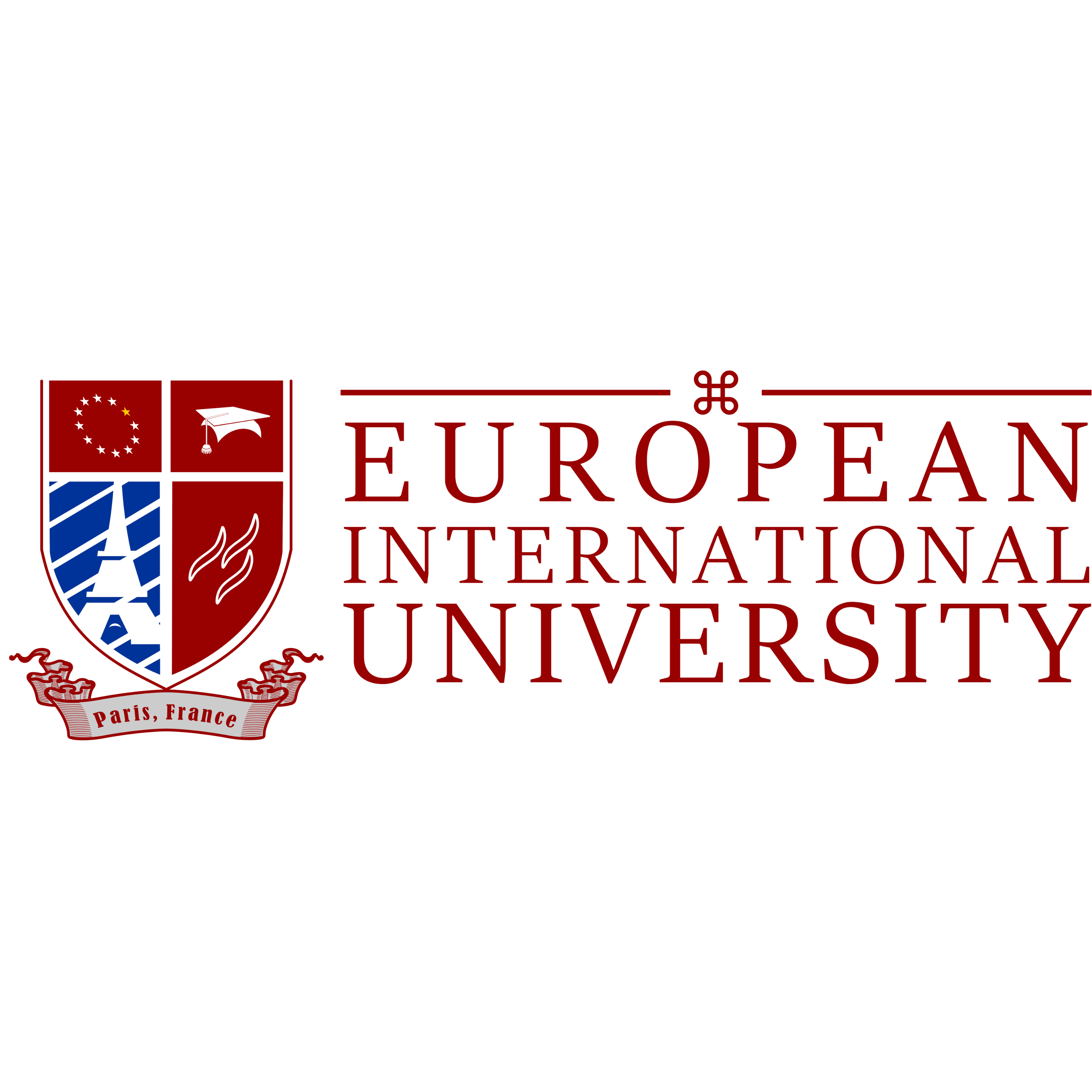
The Doctorate in Educational Administration is a terminal degree designed for professionals aiming to lead and transform educational organizations. This advanced program emphasizes the development of leadership skills, research expertise, and strategic planning abilities necessary for effective administration in schools, districts, higher education institutions, and educational agencies.
Candidates explore topics such as educational policy, organizational theory, human resource management, finance, and community relations. The curriculum balances theoretical foundations with practical applications, allowing students to analyze challenges in education systems and develop innovative solutions. A strong focus is placed on conducting original research that contributes to the knowledge base of educational leadership and administration.
Graduates of this program often pursue careers as superintendents, principals, directors, policymakers, or academic leaders. They are equipped to influence decision-making processes, implement reforms, and foster inclusive, high-quality learning environments. Additionally, doctoral candidates refine their abilities in data-driven decision making, ethical leadership, and stakeholder collaboration.
The Doctorate in Educational Administration prepares individuals to address the evolving demands of education in diverse settings. By cultivating both scholarly expertise and practical leadership competencies, this degree empowers graduates to make meaningful impacts on educational outcomes, equity, and institutional effectiveness on local, regional, or global scales.